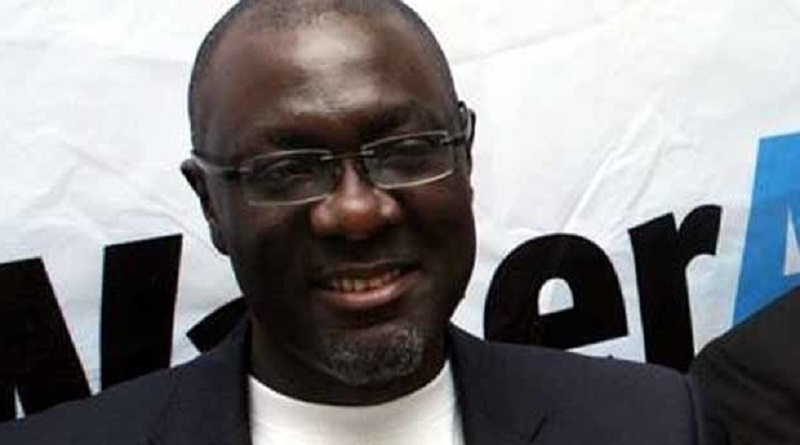On the occasion of the Menstrual Hygiene Day, WaterAid says it aims to help change the secrecy, shame and stigma associated with menstruation – a situation faced by some 800 million women around the world on their periods.

“Why does WaterAid want to bring periods out of the closet? The easier it is for people to discuss menstruation, whether they are teenage girls, village leaders or government ministers, the easier it will become for women and girls to discuss their periods with dignity and engage in dialogue about how to ensure proper menstrual hygiene management,” the non-for-profit organisation disclosed in a statement.
According to WaterAid, one in three women around the world do not have access to a decent toilet when they are on their period, implying that it can be really hard to deal with menstruation with dignity.
“Girls in Nigeria can be in danger if there are no private, decent toilets at school for them to manage their periods properly. They either go to the bush, risking attack from onlookers or dangerous animals, or opt to stay home and so miss out on their education and the greater opportunities it brings. Girls often feel shame, fear and confusion around periods and this is intensified when there is no source of clean water, soap, or a private girls’ toilet with space to wash in.”
The body emphasised that the needs of women and girls around menstruation have been neglected around the world, leading to inequity and missed opportunities. WaterAid is however now calling on everyone to be more open about menstruation, to help confront taboos, and highlight the issues faced by the one in three women worldwide who do not have access to a toilet during their period.
Dr. Michael Ojo, WaterAid Nigeria’s Country Director, said: “This Menstrual Hygiene Day, we are amplifying our call for cooperation with the education and health sectors as well as those working in reproductive and sexual health to ensure girls are prepared for the onset of menstruation, to ensure they can care for themselves in a dignified and hygienic way, and to dispel the myths and taboos that often accompany menstruation.
“When there are no safe, private toilets in schools, girls often skip school during their period, or drop out altogether once they reach puberty. We need to talk openly about this issue and remove the silence and stigma that surround periods. Most of all we need to ensure that every woman and girl has access to clean water, safe toilets and somewhere to wash by 2030.
“Unless we can all talk about periods openly, we won’t be able to make sure that women and girls have the decent toilets and sanitary products they need; and the superstitions and taboos that mean too many women and girls live a half-life during their periods will remain unchallenged.”
The Menstrual Hygiene Day was started by WASH United in 2014 to build awareness of the fundamental role that good menstrual hygiene management plays in helping women and girls reach their full potential.
Oluseyi Abdulmalik, WaterAid Nigeria Communications & Media Manager, says: “Proper menstrual hygiene management for women and girls requires inclusive water, sanitation and hygiene facilities in schools and public places; provision of protection materials at affordable rates; behavioural change and communication and a review of existing policies to address this important issue. Everyone has a role to play. At WaterAid Nigeria, the integration of menstrual hygiene management in all of our sanitation and hygiene interventions – with a focus on Equity and Inclusion, WASH in Schools and WASH & Health is critical.”
